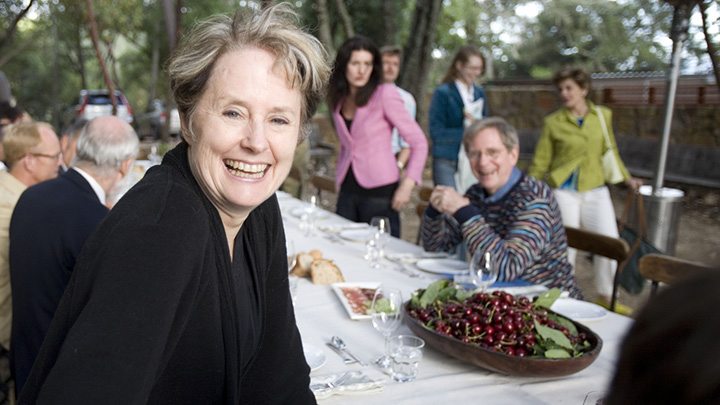Socialising, a simple prescription for brain health

150 friends. That’s the number of people with which the average human can maintain a stable social relationship.
Dubbed ‘Dunbar’s Number’ after the Robin Dunbar who found a correlation between primate brain size and average social group size. It’s been translated to mean the number of people you would not feel embarrassed about joining uninvited for a drink if you happened to bump into them in a pub.
My life experiences have taught me that friendships are a very good thing for my wellbeing. And it turns out science has some pretty compelling evidence for the power of friendship too.
Having friends and social connections helps you to live longer
This finding comes from a meta-analysis of 148 studies including 300,000 people who were tracked for 7 1/2 years after completing surveys of their social connectedness.
People with stronger social relationships had an increased likelihood of survival than those with weaker social relationships.
The impact of socialising on survival is comparable with quitting smoking.
The negative impacts of a poor social life were shown to be:
• Equivalent to smoking 15 cigarettes a day
• Equivalent to being an alcoholic
• More harmful than not exercising
• Twice as harmful as obesity
5 other benefits socialising can have on your health (apart from keeping you alive):
• Lower rates of heart disease
• Less infectious illness because of a stronger immune system
• Lower blood pressure
• Less abnormal inflammatory responses to stress
• Lower rates of dementia
Measures of ‘social connection’ include whether someone is married or not, lives with other people, has less than monthly contact (including face-to-face, telephone, or written/e-mail contact) with children, or other family members, or friends, and if they participate in social clubs or residents’ groups, religious groups, or committees.
The study goes on to say:
“Humans are naturally social. Yet, the modern way of life in industrialised countries is greatly reducing the quantity and quality of social relationships. Many people in these countries no longer live in extended families or even near each other. Instead, they often live on the other side of the country or even across the world from their relatives. Many also delay getting married and having children. Likewise, more and more people of all ages in developed countries are living alone, and loneliness is becoming increasingly common.”
I don’t know about you but this finding makes me feel a bit sad.
Being socially connected maintains brain health
Neuroscience has shown that:
• People who participate in high numbers of different leisure activities have a lower risk of developing dementia (activities include going to clubs, visiting friends or being visited, playing cards and community or volunteer work).
• People with large social networks have a lower risk of dementia.
• Loneliness is associated with more than double the risk of developing dementia.
How does social connection improve brain health?
There are a number of theories…
• Being socially connected to other people may reduce the harmful effects of stress (and I’ve written about the negative effects of stress on the brain in another blog post).
• Friends may encourage healthy behaviours such as eating properly, taking medications, and practicing hygiene (no one wants a stinky mate!).
• Interacting with other people may contribute to ‘cognitive reserve’. Cognitive reserve is a bit of a vague term, but it means how resistant the mind is to damage or deterioration of the brain. Socialising involves many cognitive functions such as thinking, feeling, sensing, reasoning and intuition. Mentally stimulating activities build up a reserve of healthy brain cells and promote the formation of new synapses (connections between brain cells) which may protect against dementia.
Your prescription for brain wellbeing = socialising!
I know it can takes courage to get out there, put on a smile and brave rejection when you are feeling alone and isolated. But keep in mind the benefits to your mental and physical wellbeing are as good for you as giving up smoking!









 Proudly Australian owned and operated
Proudly Australian owned and operated